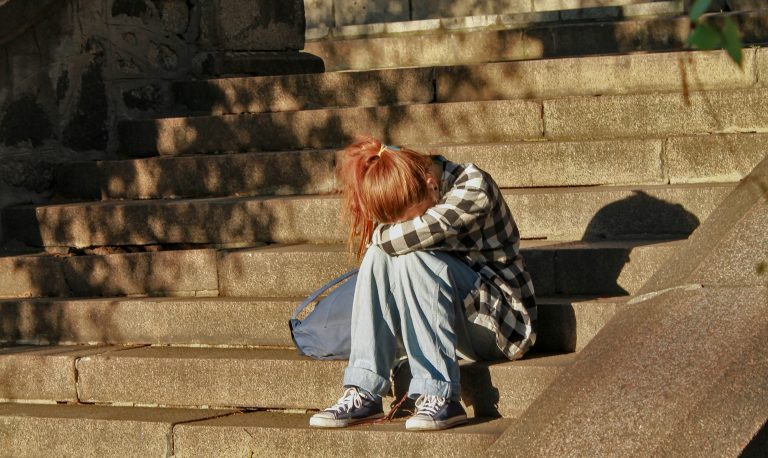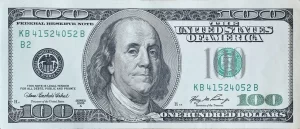History is messy. Full of rules that make you blink and think: “Who actually thought this would help?” Sneezes, beards, dying in the wrong town, human governance has always flirted with the absurd. Here are six laws so strange, they almost feel fictional.
1. No Chewing Gum in Singapore (1992)
In Singapore, chewing gum was basically illegal. Streets, buses, and MRTs had to stay spotless. People caught selling or importing gum faced fines or worse. Citizens got creative: hiding gum in pockets, under shoes, or slipping it into the trash discreetly. A simple sweet treat turned into contraband, a tiny act of rebellion in the cleanest city in the world.
2. No Eating or Drinking While Walking in Medieval France
Walking with a baguette in hand? Illegal. Towns banned eating or drinking on the streets, claiming it was lazy, impolite, or disorderly. Meals had to happen at home, in taverns, or in designated spots. One bite on the move, and you risked a public scolding or a fine. Imagine sipping wine on the street, eyes darting nervously at every passerby.
3. No Dying in Certain Towns (Medieval Europe)
Some towns didn’t want dead bodies lying around. Longyearbyen in Norway, for example, had frozen ground and cramped cemeteries. If someone was about to die, they had to be sent elsewhere. Death itself became a legal problem, a logistical headache. The inevitable was suddenly something you had to schedule or relocate.
4. Falling Off Your Horse Could Cost You Money (17th-Century England)
In some English towns, falling off your horse wasn’t just embarrassing; it was fined. Horses were essential: transport, work, and social status. Slip, stumble, crash, and the law saw it as carelessness, a personal failure. A misstep in the saddle could hit your wallet harder than the ground did.
5. Beards Could Be Taxed in Russia (1698)
Tsar Peter the Great wanted a modern, European-looking Russia. Beards? Not allowed unless you paid a tax and carried a tiny “beard token” proving it. Shave to survive, or pay for your chin hair. The law turned facial hair into a commodity, mixing vanity, rebellion, and government revenue all at once.
6. No Sneezing in Parliament (Medieval England)
Sneezing could get you in trouble. Medieval parliaments frowned on disruptive sneezes they could annoy the king or interrupt debates. Every tickle in your nose became a small moral choice: sneeze and risk social disgrace, or suffer in silence. Democracy was delicate, and so was nasal hygiene.
FAQs
Q1: Were these laws actually enforced?
A: Some were enforced strictly, like Singapore’s gum ban, while others, like sneezing in parliament, probably relied more on social pressure and etiquette. Still, even the “weird” ones had consequences if broken.
Q2: Why did towns ban dying or eating while walking?
A: Practical reasons, mostly. Frozen ground, cramped cemeteries, or public hygiene concerns made authorities create laws that seem absurd today. Think of them as early attempts to manage chaos.
Q3: Could people get around beard taxes or other appearance rules?
A: Often, yes, but at a cost. In Russia, some men secretly grew beards and risked fines, while others paid for the privilege. It became a mix of rebellion, vanity, and survival.
Q4: Were these laws unique to one place?
A: Not really. Variations existed across regions and eras. Medieval Europe, Russia, and even modern Singapore all had quirky regulations tailored to their specific challenges or social norms.
Q5: What do these laws tell us about human societies?
A: They show that people have always tried to control behavior, sometimes sensibly, sometimes absurdly. They also reveal how humans resist, adapt, and find loopholes. The laws are as much about creativity as control.






